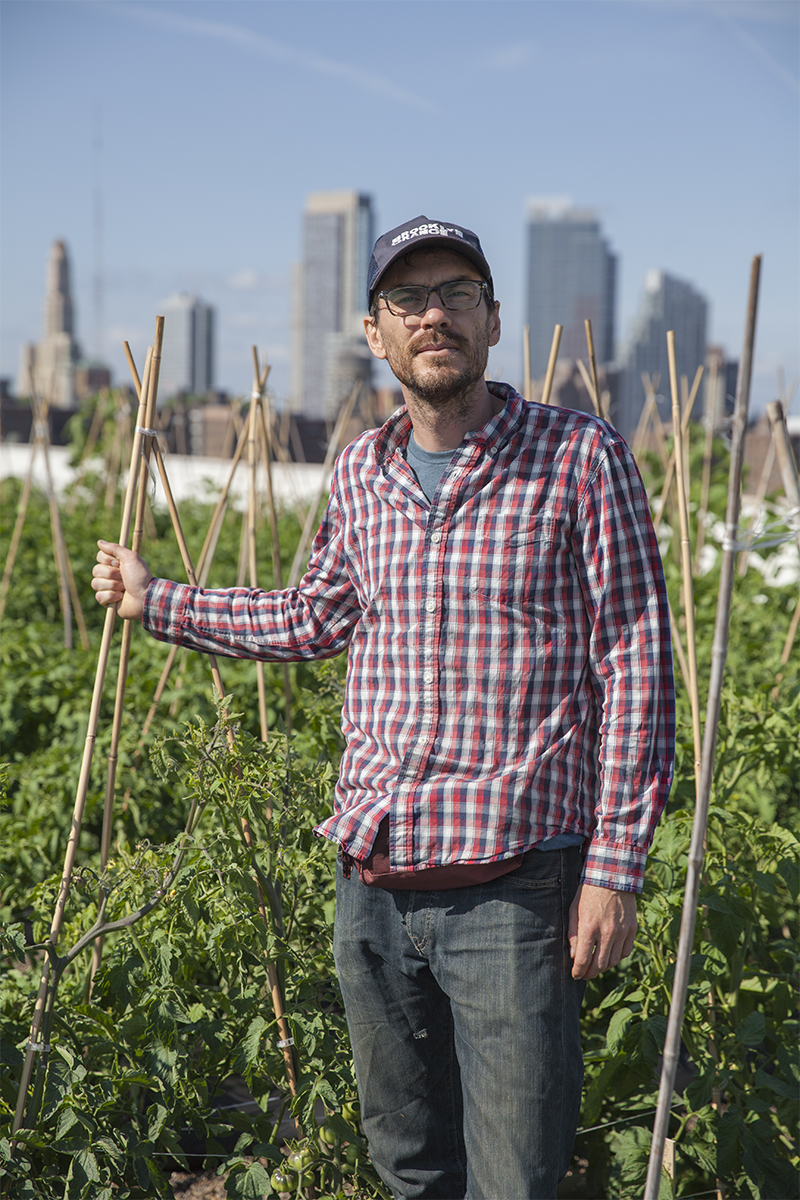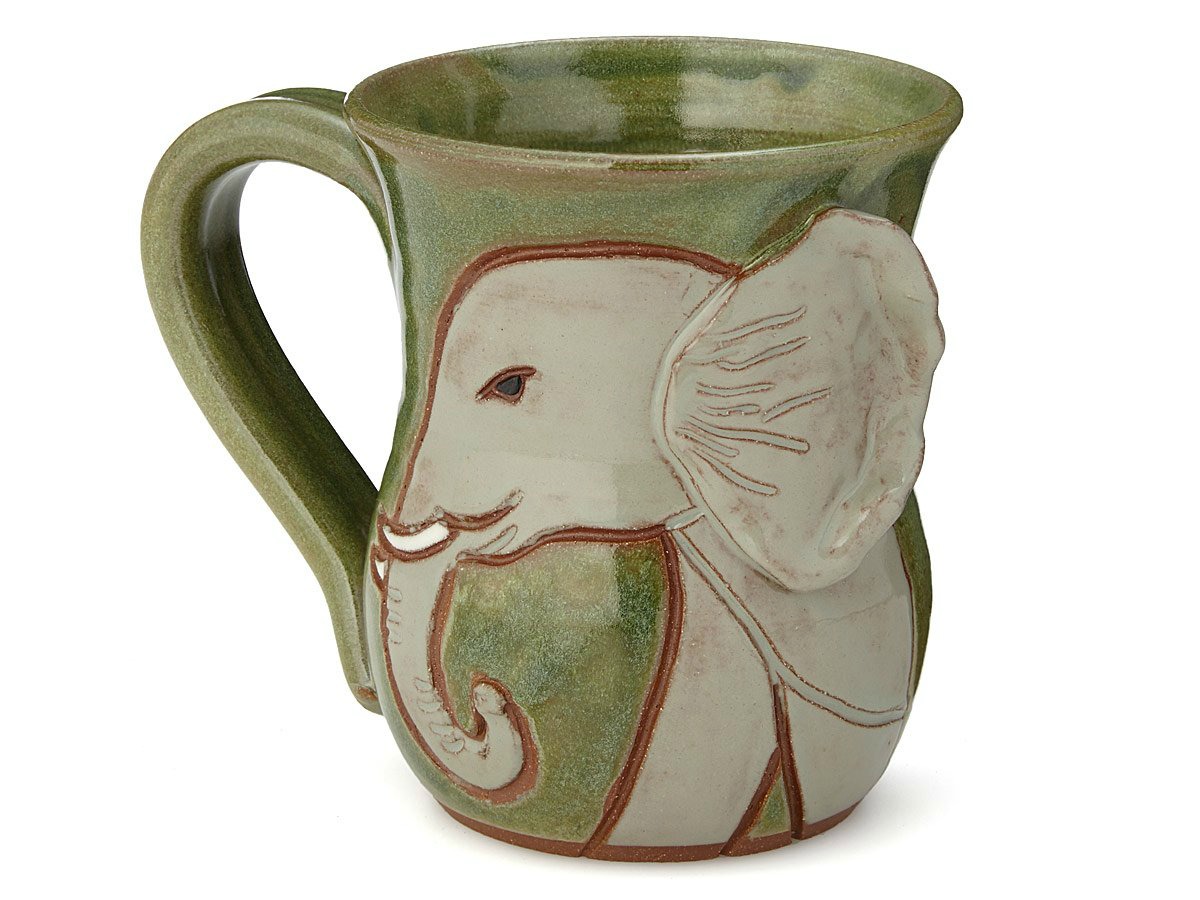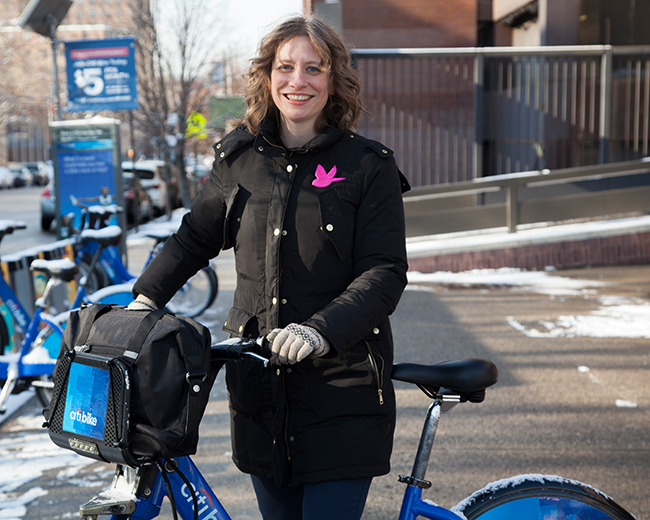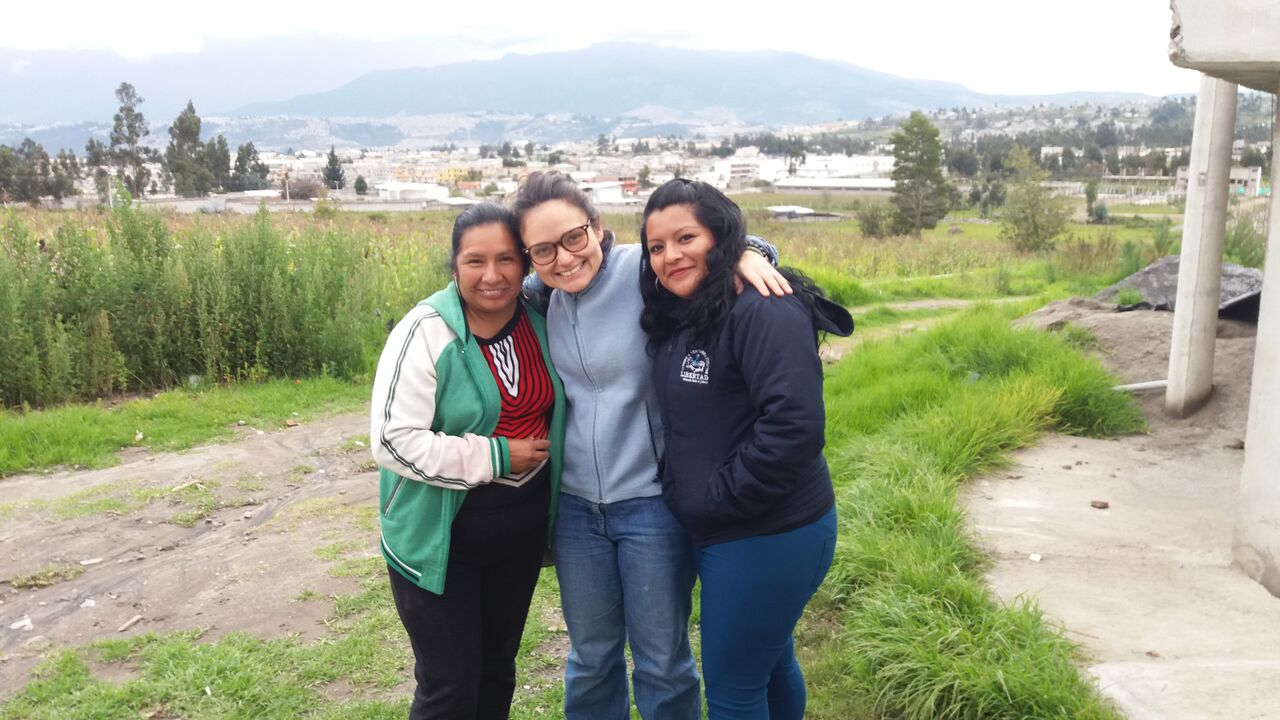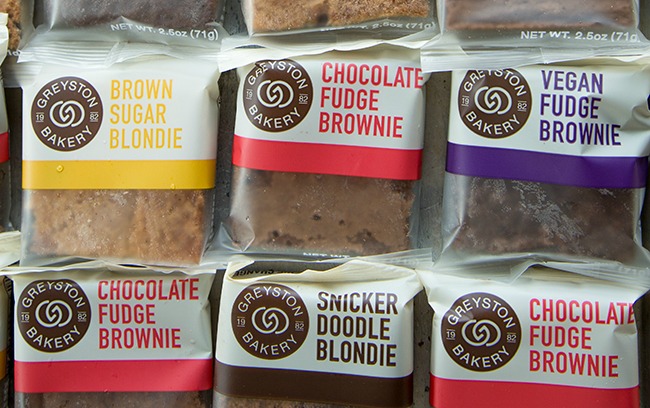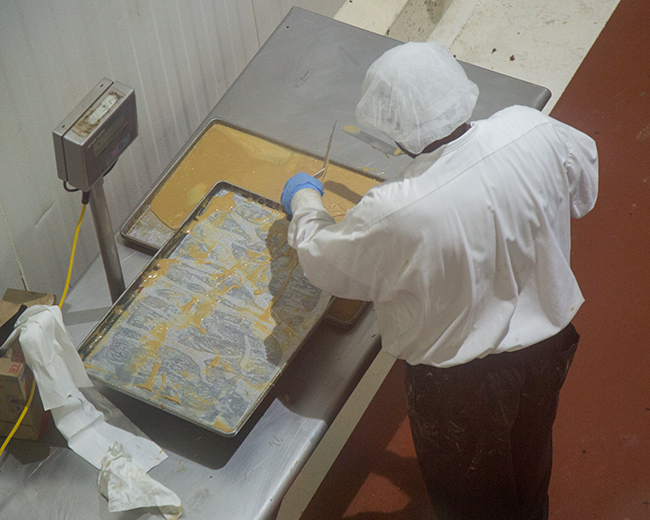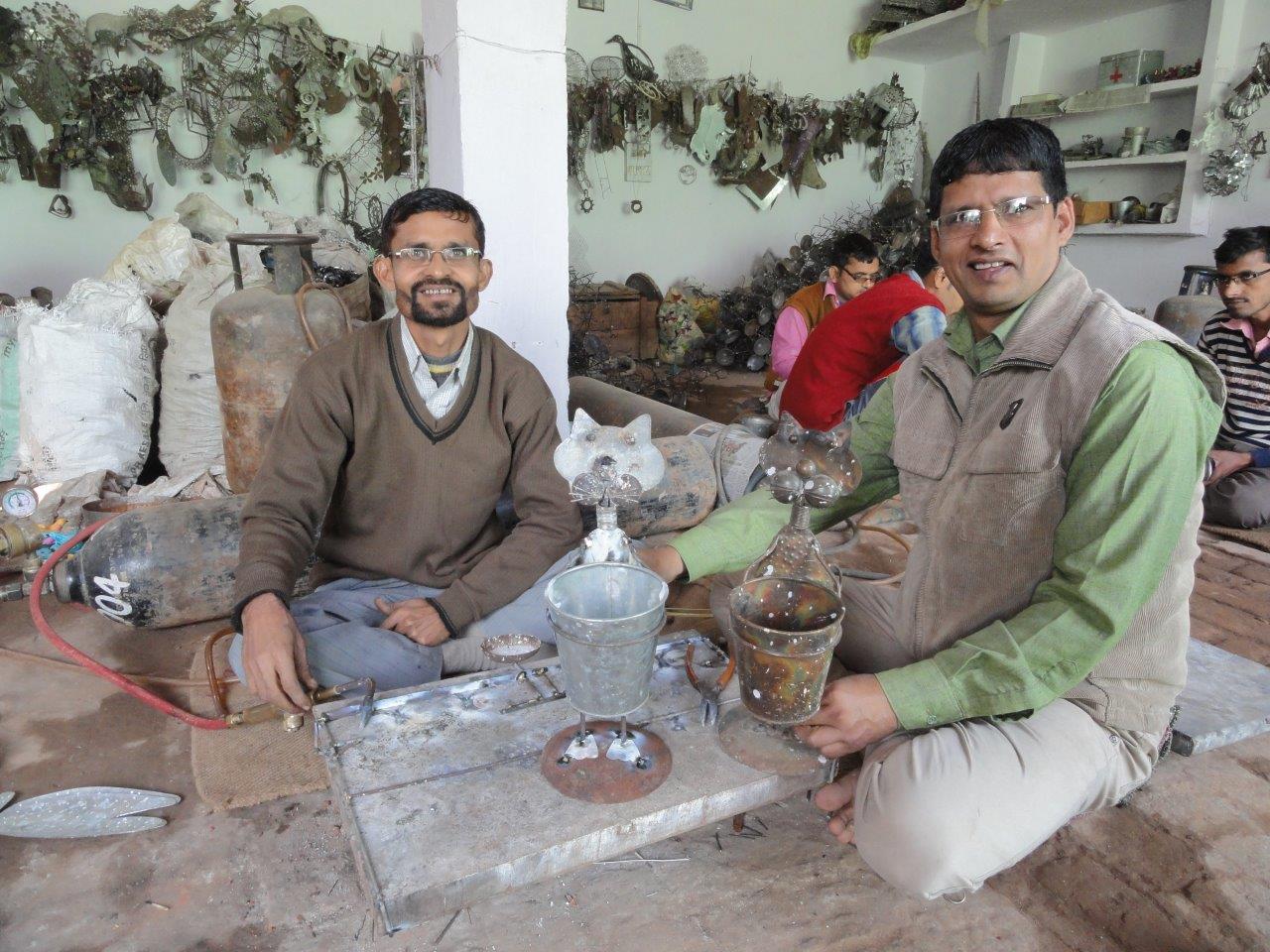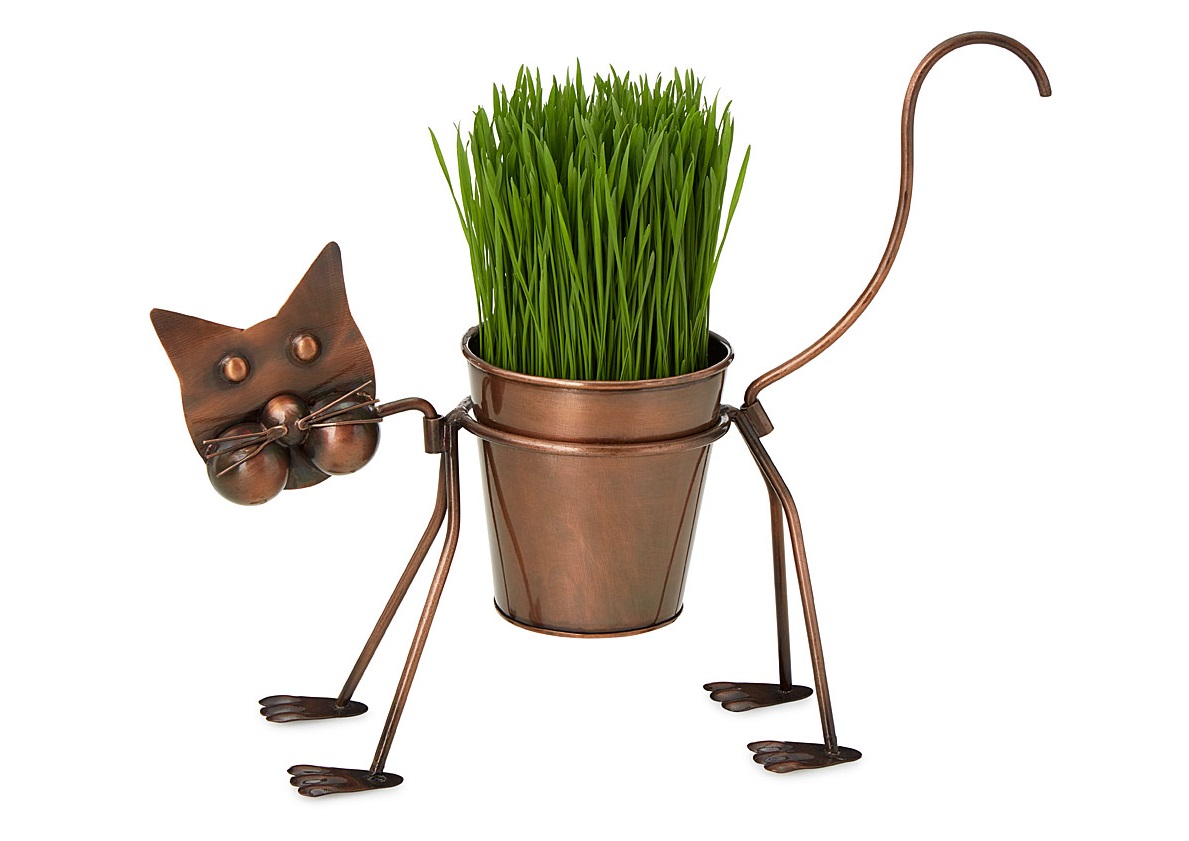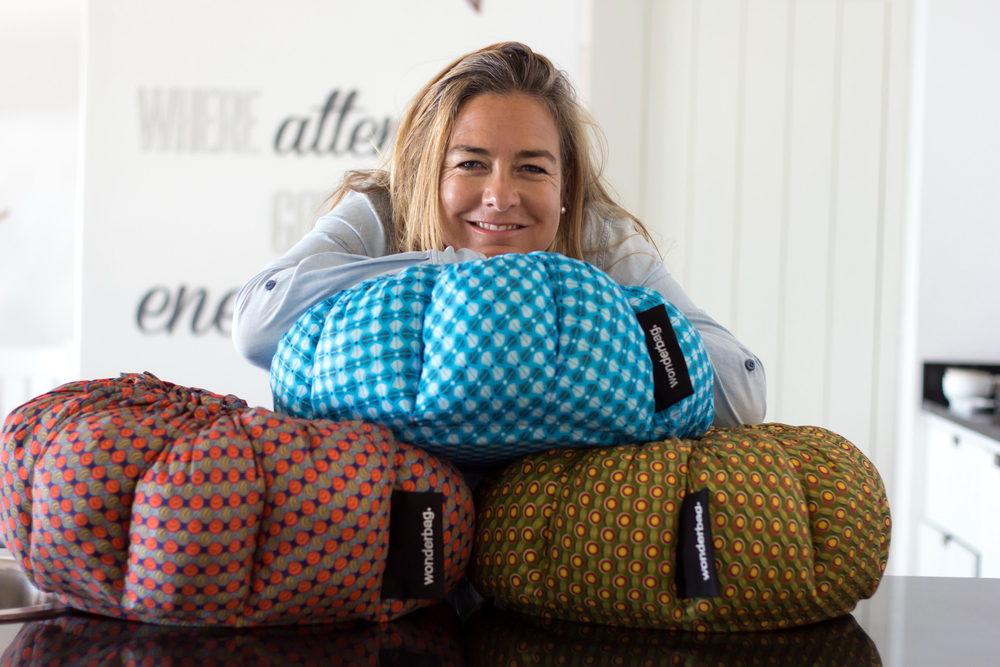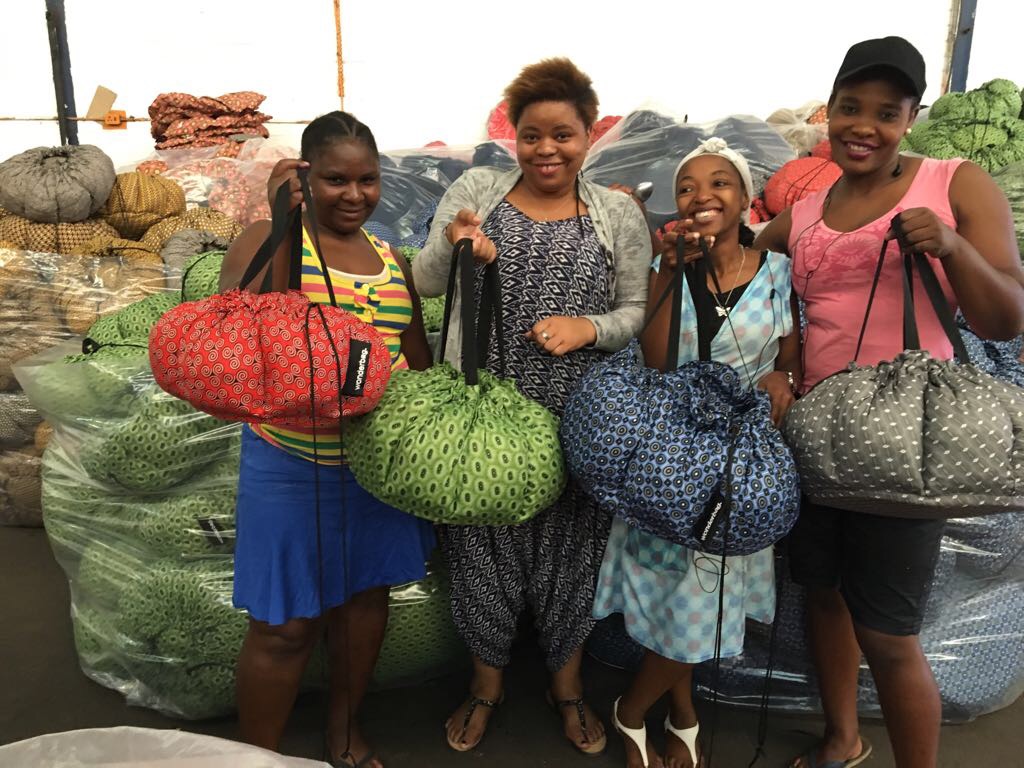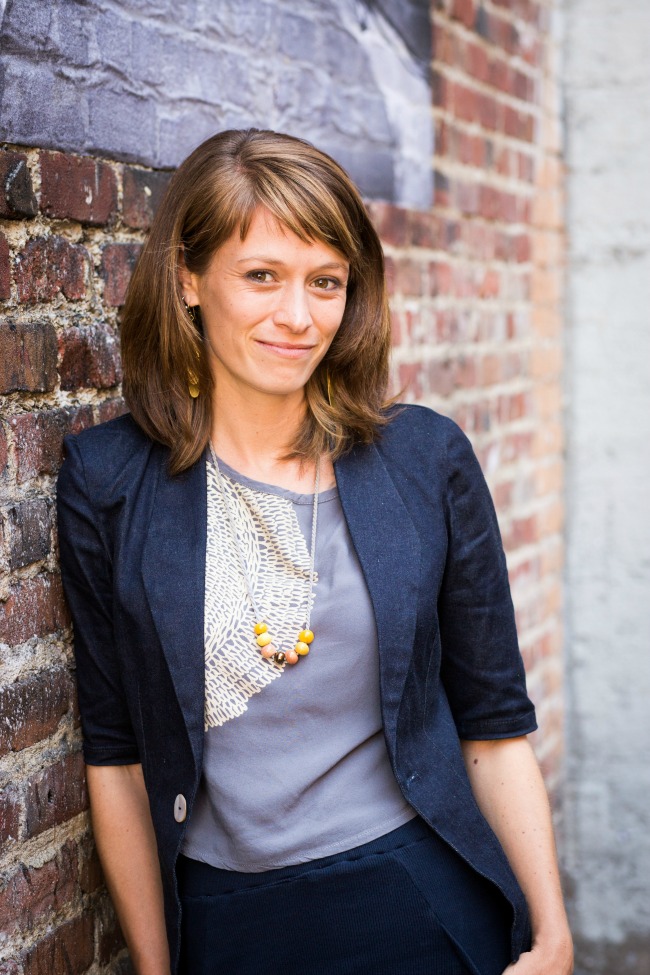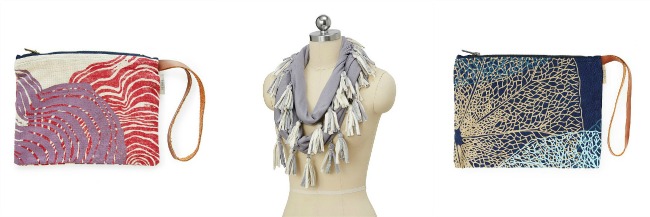What do you expect to see when you step foot on an urban rooftop? “A farm” probably isn’t high on the list, but if you make your way to the top of Building 3 in the Brooklyn Navy Yard, you will, in fact, find yourself surrounded by edible greenery. That’s due in no small part to the work of Ben Flanner, President & Director of Agriculture at Brooklyn Grange Rooftop Farm, where the peppers and herbs that give our Rooftop Garden Hot Sauce its unique flavor are grown. Getting hungry?
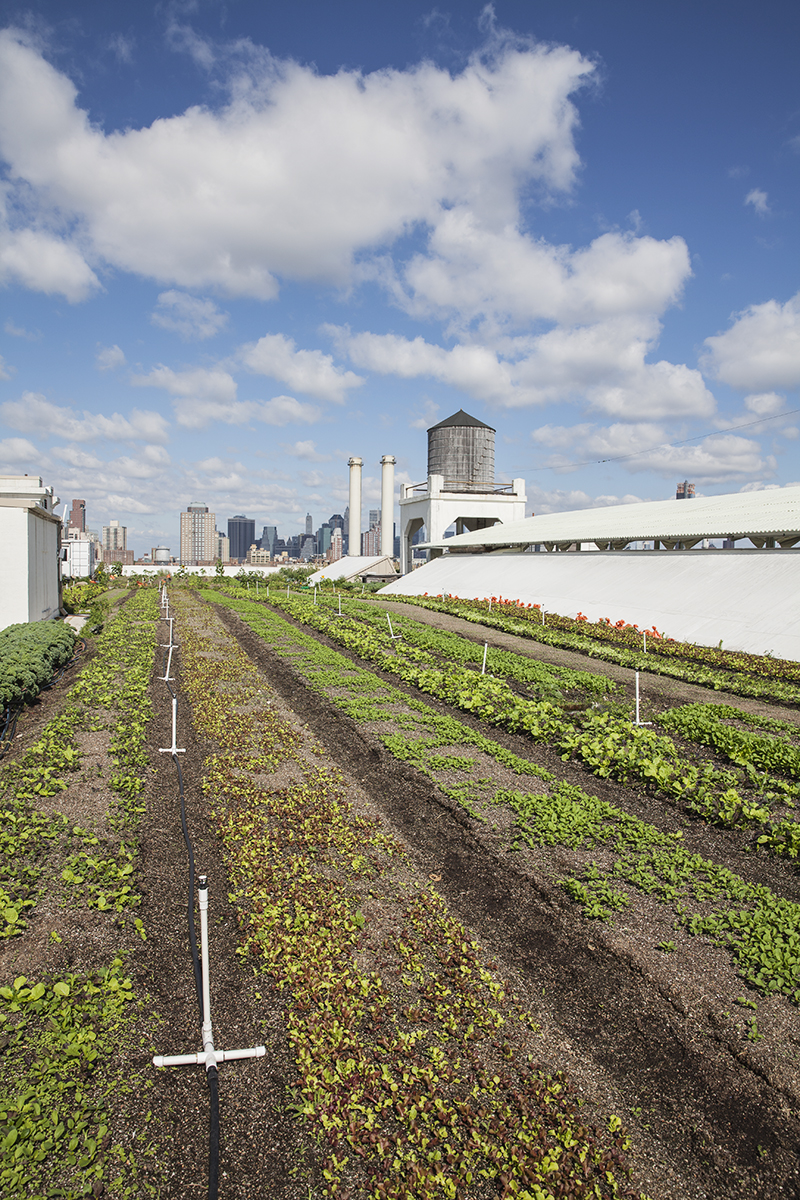
The Brooklyn Grange fields atop a building in the Brooklyn Navy yard make up the world’s largest rooftop soil farm.
As if “President & Director of Agriculture” weren’t impressive enough, Ben’s also one of Brooklyn Grange’s co-founders; he started the venture with Vice President Anastasia Cole Plakias and Chief Operating Officer Gwen Schantz in 2010. Armed with a background in management consulting and financial marketing—neither of which, you may notice, are farming—Ben took quickly to his new line of work. “Creating more green spaces in cities is ecologically, socially, and economically valuable on so many levels,” he says. “Personally, though, the idea to start farming was spurred by my love of agriculture, vegetables, and all of the many challenges and hats worn by a farmer.”

